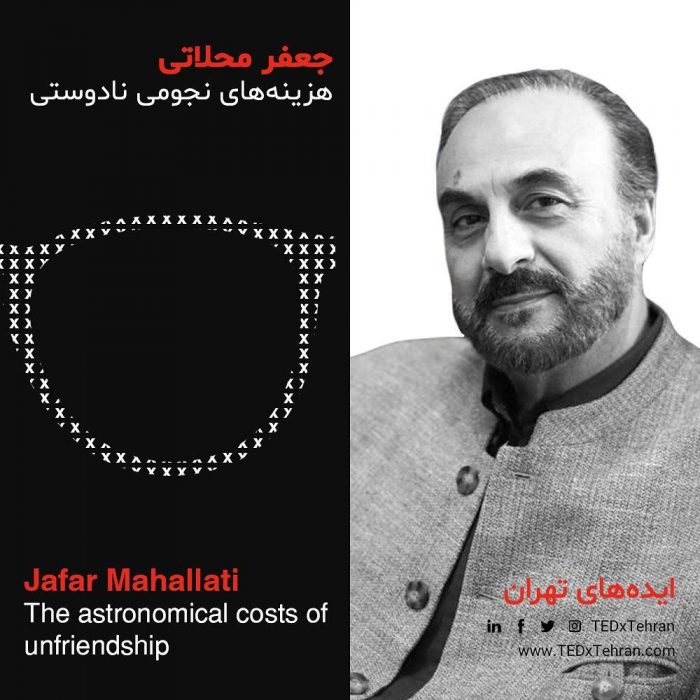
Mohammad Jafar Amir Mahallati received two bachelor degrees in economics and civil engineering from the National University of Iran and the University of Kansas in the US. He then received his master of Political economy from the University of Oregon and his PH.D. in Islamic Studies from McGill University in Canada. He was chairman of the department of economics in Kerman University for a year and then became a multilateral diplomat working with United Nations for a decade. As ambassador to the United Nations (1987-1989), he played a key role in the acceptance of the Security Council Resolution 598 which brought Iran-Iraq war to an end. After his diplomatic career, Mahallati taught international relations at Columbia University for seven years. He also served as a senior scholar at a number of think-tanks with focus on Middle East Studies. As Presidential Scholar in Islamic Studies and then Nancy Shrom Dye Chair of MENA Studies, Mahallati has taught on peace theology at Oberlin College for over a decade. Mahallati's latest publications include Ethics of War and Peace in Iran and Shi'i Islam, Friendship in Islamic Ethics and World Politics, forthcoming, 2019); The Oasis of Now, Friendship as Worldview (Persian), Hermes, 2016; In Search for Forgiveness: A Comparative Perspective (Persian in 2 volumes), Nagah-e Moaser, 2018. Mahallati is the founder of friendship studies in Iran. His dream is to develop a Peace Village in his hometown Shiraz including an institution of peace studies, peace museum, peace library, peace park, and healthy restaurants. The school of peace that Mahallati advocates have one message: Not only war but also the lack of friendship in social and international relations is a huge cost for the entire humanity. In his view, friendship is, unfortunately, an overlooked essential, both in among the followers of Abrahamic faiths and also in a real democracy.
